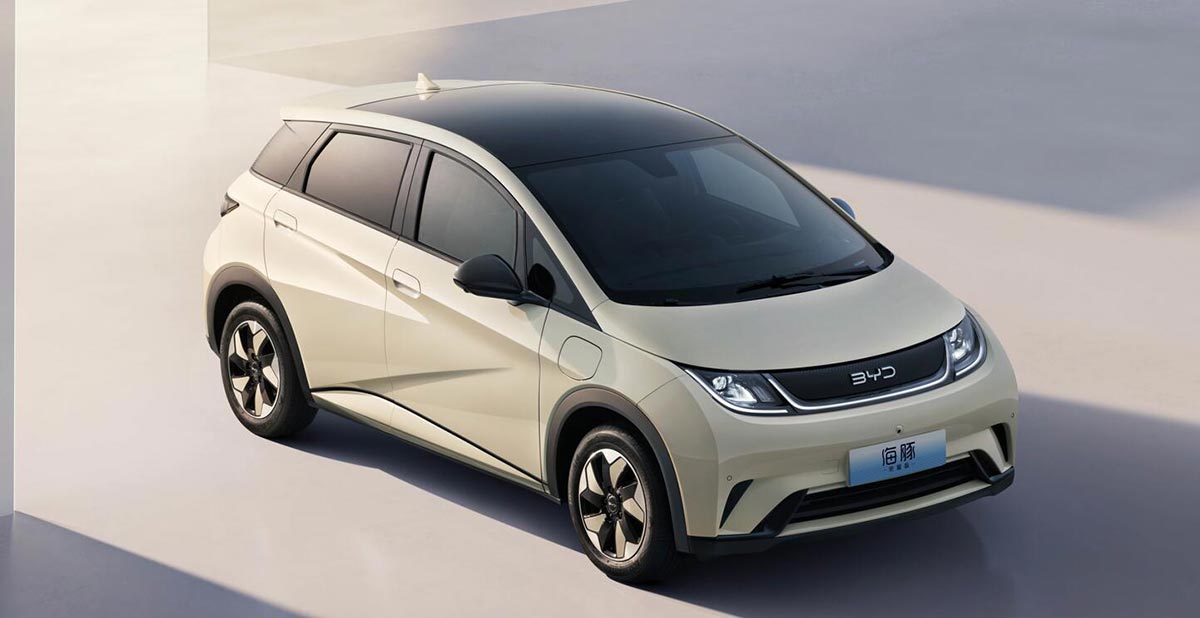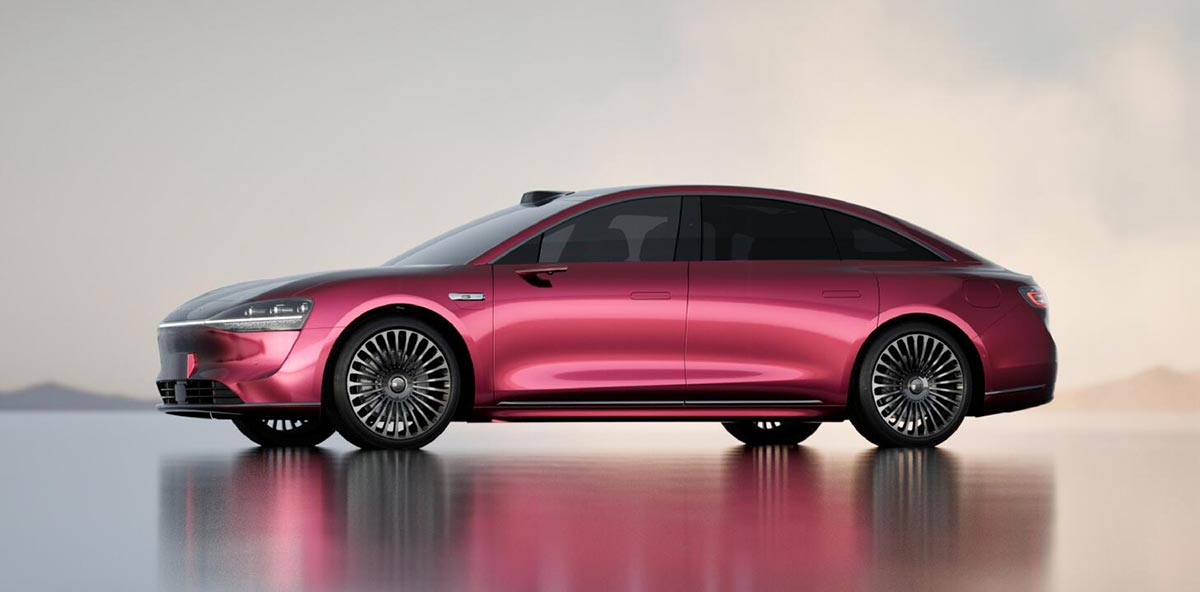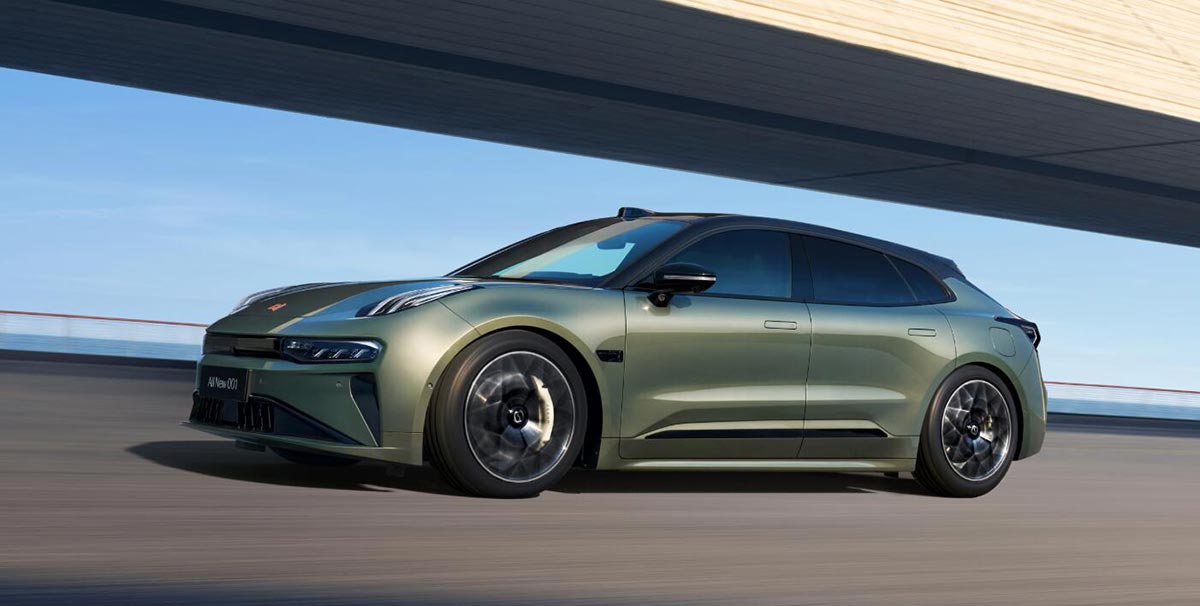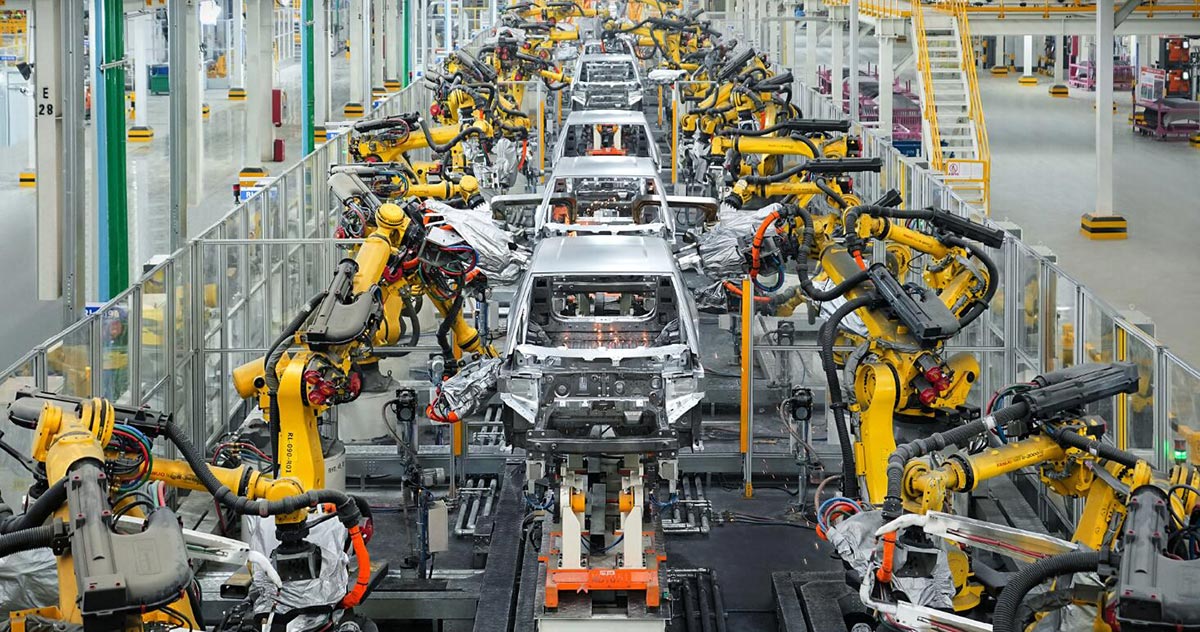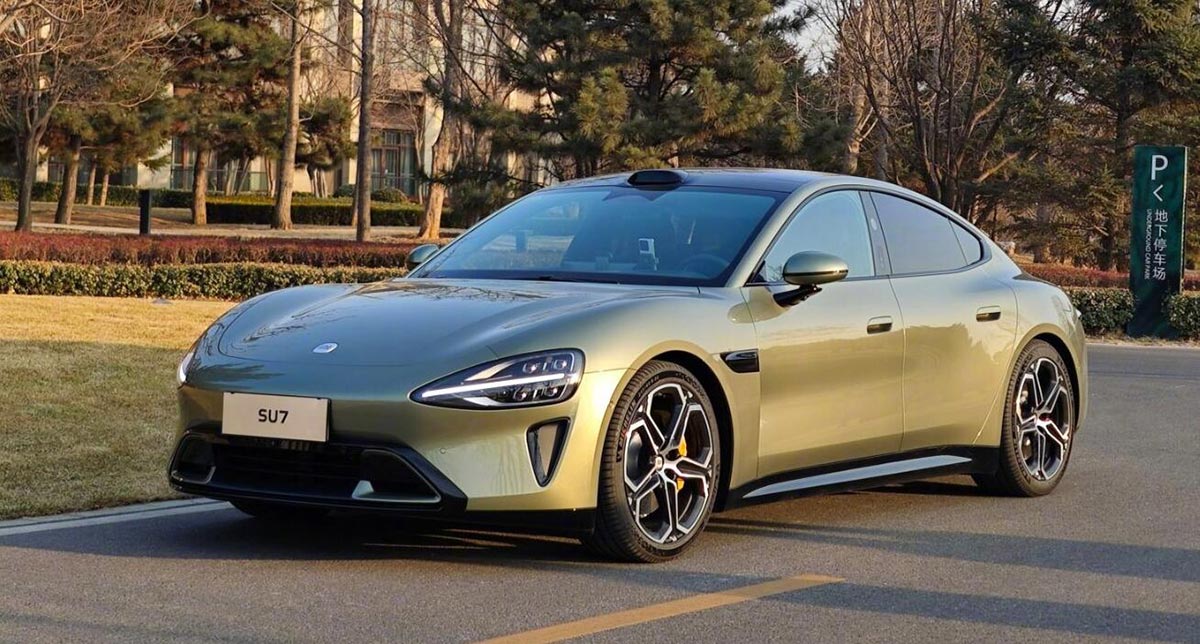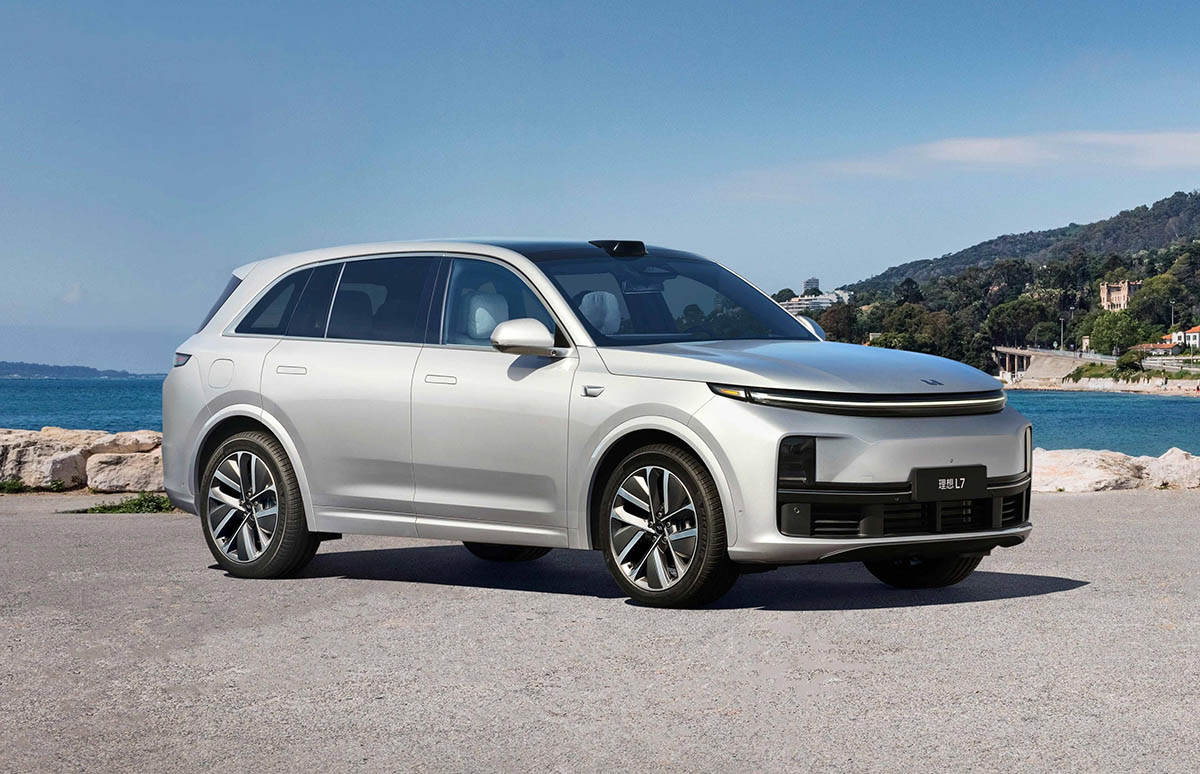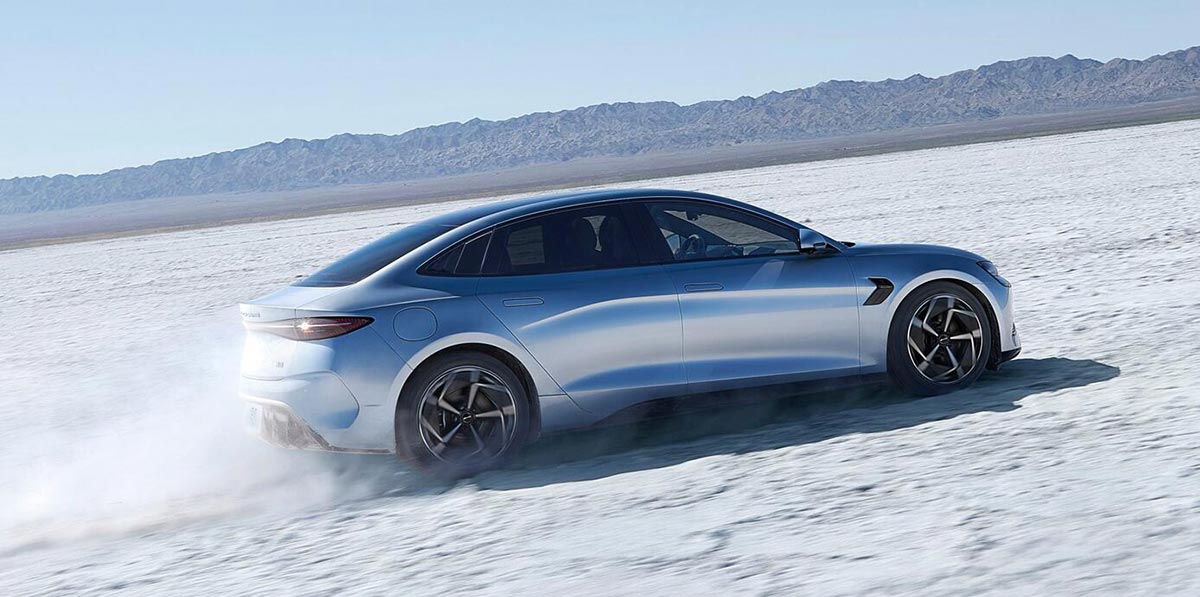Chinese automakers are bucking the trend of undercutting international markets with low-priced electric vehicles (EVs). Instead, a recent report reveals they are significantly hiking prices on exported models to maximize profits abroad, led by the strategy of industry giant BYD.
Facing intense competition in their home market and squeezed profits due to a domestic EV price war fueled by government subsidies, BYD and other Chinese automakers are finding new opportunities overseas. The strategy is clear: sell vehicles at nearly three times the price compared to the domestic market, yet still undercut Western competitors.
According to Reuters’ report, BYD’s export prices for models like the Atto 3 and Dolphin are inflated by 81% to 174% compared to their domestic prices. This means a BYD Dolphin can be priced at $37,439 in Germany, while a similar model in China is only $16,524.
The key to this strategy lies in cost rationalization throughout the manufacturing process. Chinese manufacturers benefit from significantly lower battery costs, estimated to be 18% cheaper than elsewhere, along with additional savings in supply chain negotiations. With their own battery production and access to government-subsidized resources like land, power, and labor, Chinese automakers can offer more standard equipment and technology at competitive prices, even when marked up for export.
This pricing strategy is not only about maximizing profits but also about creating headroom to potentially weather tariffs imposed by the EU on imported vehicles. It also highlights the growing sophistication and competitiveness of Chinese automakers in the global market, posing a new challenge to established European brands.

